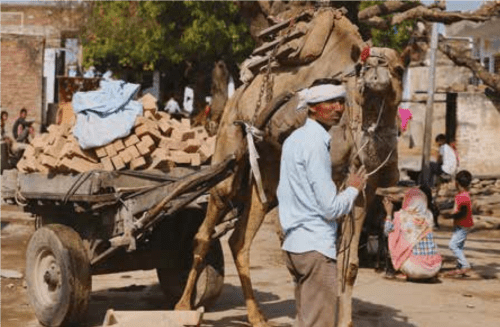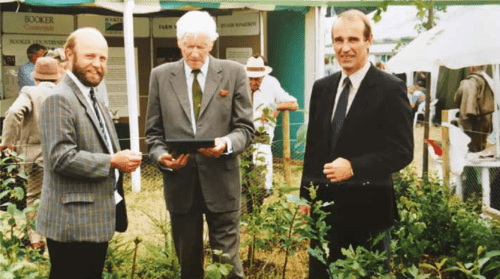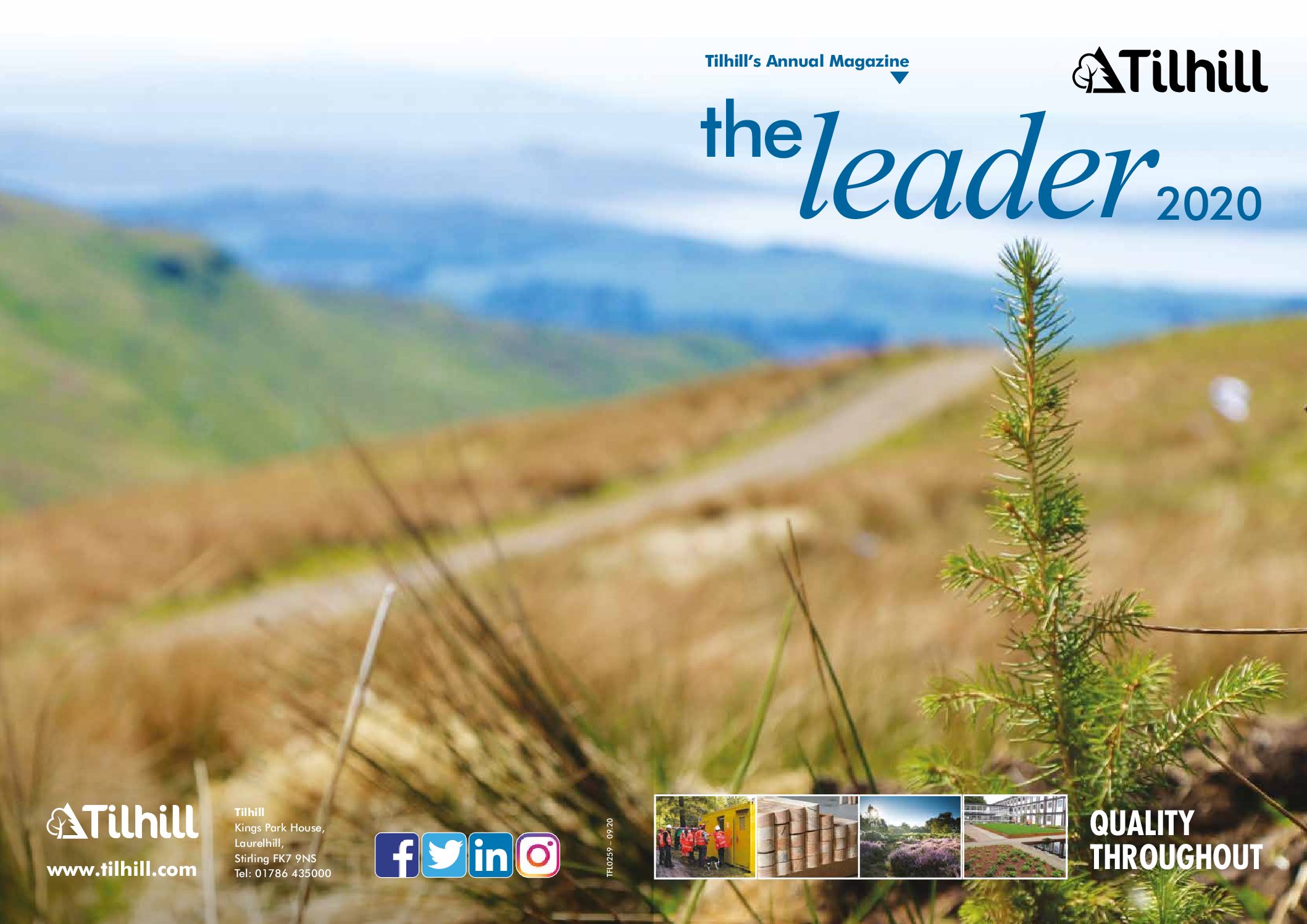The First Signs
The night after we arrived the televisions in India showed that they had their first six confirmed Coronavirus cases. This was mildly disconcerting but we were already prepared and I had already had my ‘toolbox talk’ from my veterinary wife as to how to clean hands effectively. Some days later the paperwork caught up with us and we had to complete forms concerning when and where we arrived in India and our intended destination. At that time all the hotel staff started to wear face masks.

The Vanishing Virus
We returned to Delhi and the following day were due to fly back to the UK. We were quite apprehensive over what would happen at the airport – we sailed through with no anxious moments. We were then surprised and anxious that Coronavirus did not seem to exist for Heathrow’s Terminal 5 – no precautions at all!
The Reunion
Back to work on the 16th of March and facing a myriad of emails. Most of my time was spent catching up on how the Coronavirus was starting to change the way in which we worked and how it was becoming a serious influence on our day-to-day lives.
On the Tuesday we took the decision to reduce the number of staff in our offices to be compliant with ‘social distancing’. A new term at this point but oh so familiar now! I decided to send to work from home as many staff that could effectively do so. Wednesday was spent reorganising face-to-face meetings, delaying some and moving others to virtual meetings.
Thursday was spent interviewing potential new recruits via Skype to fill a Landscaping business role. Friday was a virtual meeting with our marketing team about this magazine!
Could We, Or Couldn’t We?
We are at our busiest in Spring with restocking and new planting. Our target this year was to plant just under 20 million trees. This is a considerable logistical challenge for our teams, suppliers, and contractors at the best of times and, of course, we had ordered thetrees. It was therefore paramount to keep our contractors working so the trees could be planted at their optimum and our client programmes be completed.
As lockdown tightened, we lost some contractors through furlough. There certainly was confusion as to who could and couldn’t work. We looked and read the government guidance very carefully and, whilst some of our colleagues were essential workers, most of the forest management was not. Having read the guidance again it was clear that planting trees could not be carried out at home and we could satisfy the social distancing criteria. So, we could continue. This was some relief as businesses were shutting down around us. We set up a ‘Guidance Team’ to work on keeping us ‘straight’ in terms of government guidance. They derived the appropriate ‘rites of passage’ documents in case staff, suppliers and contractors were stopped. We also had protocols in place for closing sites should our clients choose to do so.
In Other People’s Hands
In situations like this, cash flow becomes harder to maintain, so our finance team and managers kept in regular contact to ensure the debits and credits were closely managed. We lobbied the regulators, especially Scottish Forestry to pay grants swiftly and we were pleased that their response was very positive, paying grants without inspections to assist the cash flow. Most of the regulators were working at home without clearance to go onto sites, which helped with grant payments but in some cases have slowed woodland creation permissioning. The BSW Group, like many others, asked staff to take a salary reduction for a period to assist in maintaining a cash headroom. There was a huge acceptance of this measure which I think shows the dedication of our staff to both getting through these unprecedented circumstances and the success of Tilhill.
Safety First, Always
Site visits have been essential to ensure we are operating safely, to specification, and that the environment is protected. It is very important to ensure that welfare facilities are kept clean and refreshed more regularly. I took the opportunity in a ‘quiet guidance period’ to get out and see what was happening. It was great to see the activity first-hand and to chat to operators, planters and our teams, all at a safe distance, of course. It was heartening to see their good spirits and humour – I guess the sunshine helped in that respect. On one site, I was concerned to see only one vehicle but five planters – were we not conforming to social distancing? I was relieved to discover that the planters were all living in the same house –thank goodness, a ‘family unit’.
Furlough – The New Word
Mid-April/early May is a quiet period for us in certain areas of forest management, so we had to take the decision to furlough some managers. ‘Needs must’ to help ensure that we had a strong business to go back to. We currently have two IT projects running –one to upgrade our business system and the second to modernise our mapping platform. These projects are continuing to be developed and we are now at testing stage in our business system which would normally have been tested in a darkened room! However, we have had to create a virtual ‘darkened room’ using ‘Microsoft Teams’ to facilitate end-to-end testing. We also were able to unfurlough a few staff to work on these projects. Sometimes, one must take advantages of a particular set of circumstances, which we were able to do here.
Communication, Communication, Communication
Throughout all this we have been in regular contact with our clients, staff, contractors, and suppliers. It has been somewhat challenging to blend the communication appropriately with changes in guidance and circumstances. Only you can judge whether we have been effective and I hope that, by the time you are reading this, we will be out of lockdown and that we have continued to successfully manage your forests and deliver landscape schemes for you.
Forever changed?
I visited a different world in India and returned to a different world back in the UK. I think, in some respects, our world has now changed forever but certain aspects will come back round to the old normality again.
We never did find tigers so perhaps another visit to India is on the cards at some point when the world is perhaps not quite so tipped on its axis. Maybe though, we should have been searching for chameleons instead as their ability to adapt to an ever-changing environment would be most useful at the moment!
Tim Liddon, Forestry Director


Read more from The Leader 2020: Tilhill's Annual Magazine:




